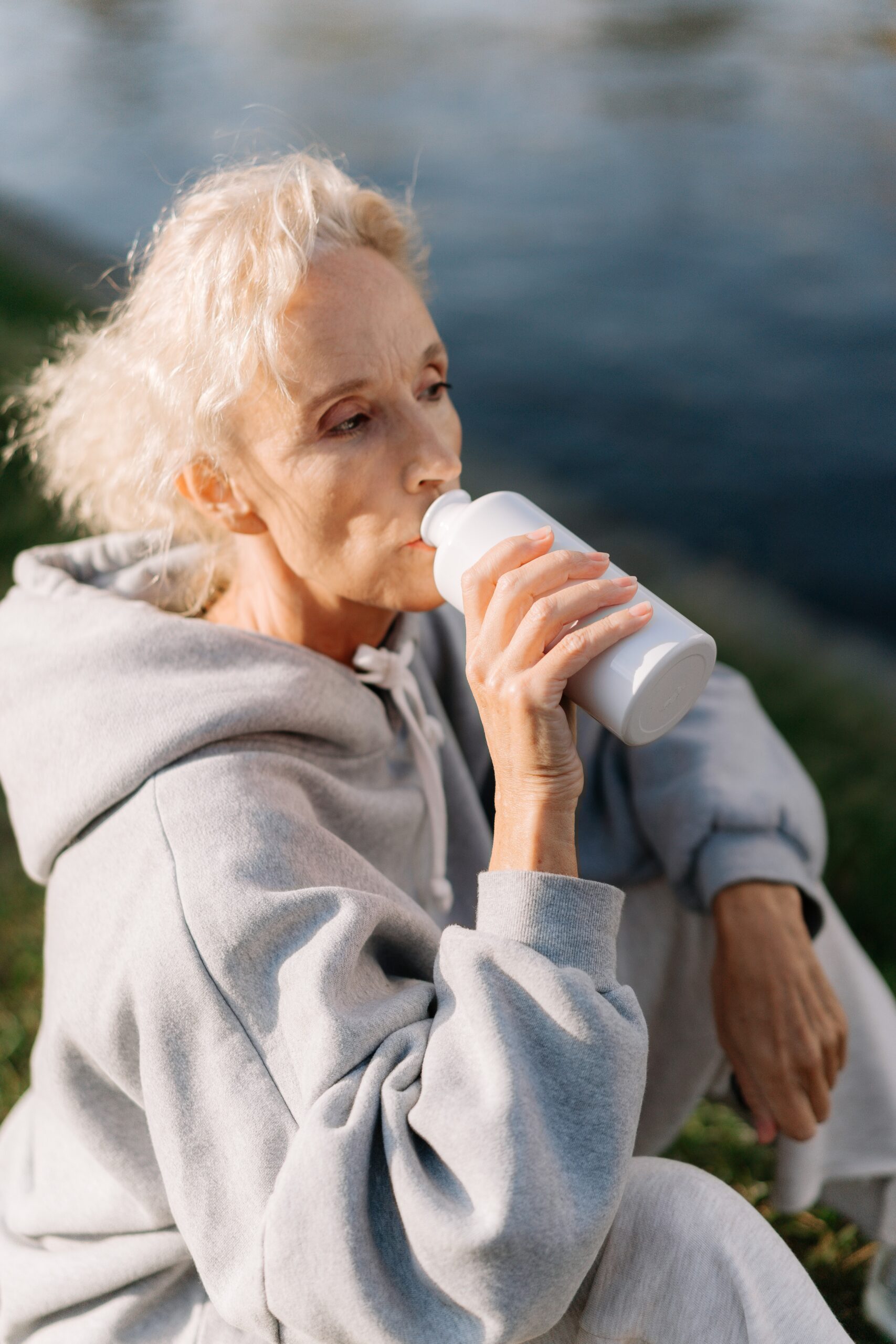Understanding alcoholism in older adults
While substance abuse disorders are more common in teenagers and young adults, SUDs can and do affect people of all ages.
Use of illegal substances is not a problem that simply affects young people. These ageist attitudes contribute significantly to the low diagnostic and treatment/service rates among the elderly.



Misuse of substances, especially among the elderly, is extremely harmful and can greatly raise the likelihood of mortality and other physical problems. Those over the age of 65 are especially susceptible to the side effects of alcohol and the undesirable interactions between alcohol and drugs. Alcohol abuse is far more common than other substance abuse among those aged 65 and up who are dealing with SUDs. This is worrisome because alcohol is known to increase the risk of cognitive and physical issues in the elderly, such as confusion and falls, because the body does not metabolise it as efficiently as it does in younger people.






